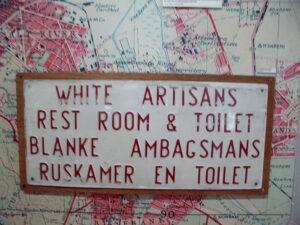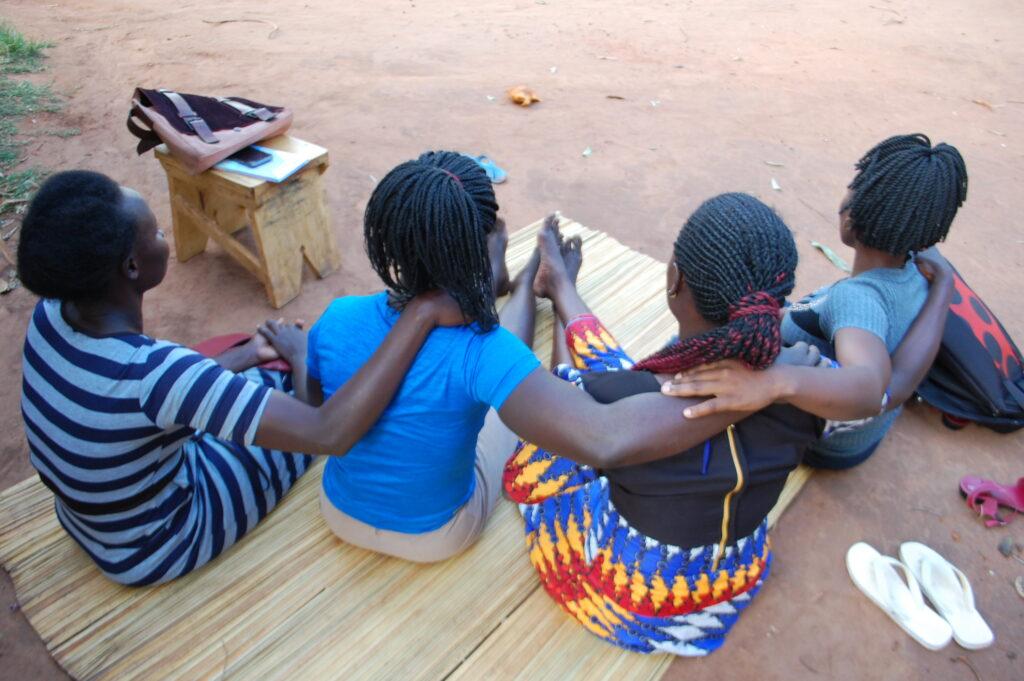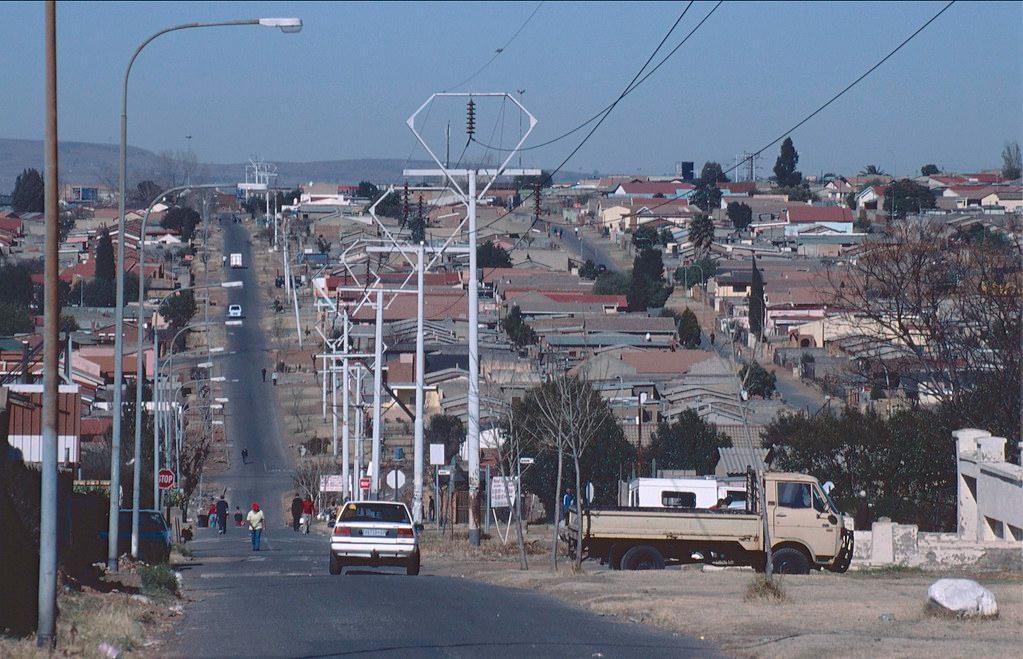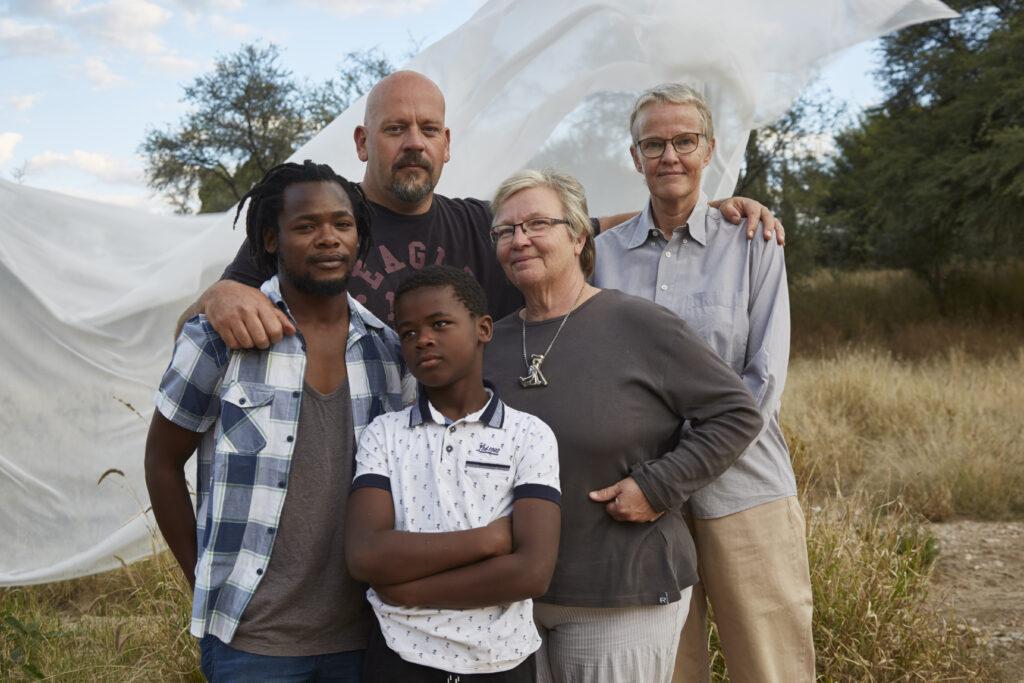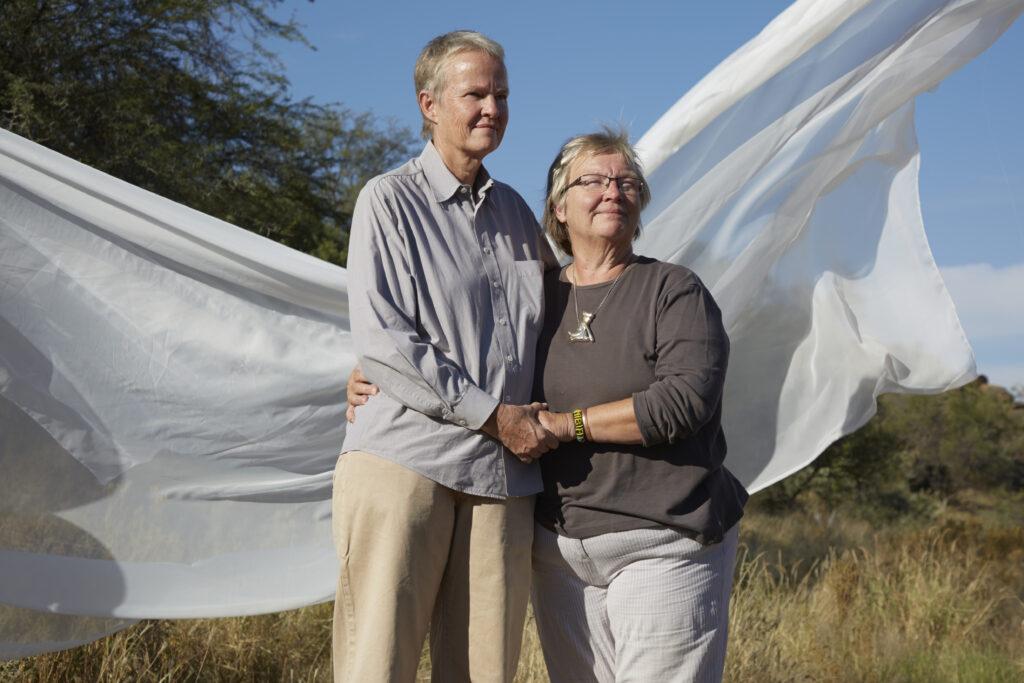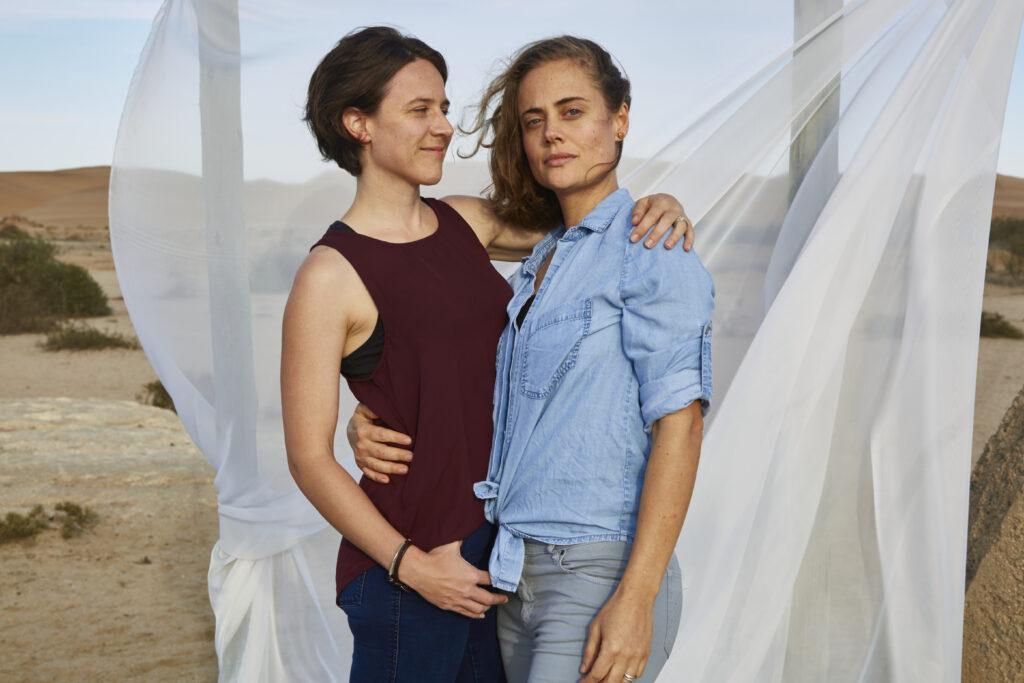BY SHOBANA SHANKAR
SEPTEMBER 1, 2021
Debating Ideas is a new section that aims to reflect the values and editorial ethos of the African Arguments book series, publishing engaged, often radical, scholarship, original and activist writing from within the African continent and beyond. It will offer debates and engagements, contexts and controversies, and reviews and responses flowing from the African Arguments books.
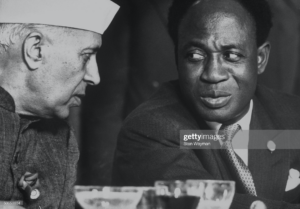
On the University of Ghana, Legon, campus, in December 2018, a Gandhi statue unveiled in June 2016 was removed after many months of controversy. A petition for its removal, citing Gandhi’s racism towards blacks during his time in South Africa, gained more than 2000 signatures. “Give us a statue of Ambedkar, not Gandhi,” demanded Obádélé Kambon, research fellow at the Institute of African Studies, in an interview with the online Indian magazine Caravan. Gandhi “was always fighting for Indo-Aryans—to use his own term—not Black people.”
These events were part of a crescendo of African-Indian tensions, as Indian mobs attacked African students two years earlier and protests against Gandhi statues around the African continent. Now, since the murder of George Floyd on May 25 and the swell of political demonstrations and activism around the world in the name of the Black Lives Matter movement and others, statues of the Mahatma have been under attack again, particularly in the UK, where his likeness in Parliament Square was boarded up for protection, along with those of Churchill and Mandela.
While these protests have unleashed a spirited and necessary debate about the Mahatma’s career in South Africa and civil rights more broadly, relatively less notice has been given to the solidarity expressed by Ghanaian intellectuals and other Africans with the movement to end Dalit oppression and Aryan supremacy. African-Indian relations, particularly racial and cultural relations, are complicated and not reducible to the career of a single man.
Indeed, Ghanaians’ deep understanding of India goes back years earlier. Another older Gandhi likeness is in Accra, unnoticed, not too far away from the Legon campus at the Hindu Monastery of Africa in Odorkor. This milky, shiny Mahatma, adorned with a dhoti and walking stick, perches outside the resting place of Swami Ghananand Saraswati, the first Hindu African monk, whose black stone face has carefully applied sacred ash and fresh flower garlands, the respects paid to a guru beloved by both Africans and Indians. Before Swami Ghanananda’s death in 2016, Indians often sought his blessings and permission to perform pujas (worship). One ceremony was to honour the syncretistic deity Ayyappa, a sexually ambiguous celibate god, born of two males (Shiva and Vishnu in female form, Mohini), whose worshippers included Indians from Kerala, Tamil Nadu, and other parts of “non Aryan” South India, including Hindus, Muslims, and Buddhists, and now Ghanaians. The irony is that, while the worship of Ayyappa at the Sabarimala Temple in Kerala excluded women between the ages of 10 and 50 until a landmark 2018 Indian Supreme Court case, in Ghana, the blessings of a black Swami had given the Indian diaspora religious freedom and gender equality even before.
African-Indian diasporic entanglements have long involved struggles for rights and freedom from oppression, but how utopian visions have been articulated have not always been the same in every time and place. In Ghana, unlike the Indian Ocean regions of Africa, few Indian labourers and merchants migrated until after Partition, with the influx of Sindhi refugees from Pakistan and, from the 1960s, more South Asian teachers. Indeed, the largest diaspora likely went the other way, as contingents of Gold Coast soldiers, along with Nigerians, went to the battlefields in India with the British Army. Returning solders, getting no recognition and little material support after helping Britain defeat the Axis powers, were key leaders in anti-colonial protests in Gold Coast. They also probably sowed the roots of Ghanaian Hinduism. In the decade after the war, a traditional healer named Kwesi Essel formed a Hindu study group, which sponsored his study at the Divine Life Society in Rishikesh, on the banks of the Ganges, in 1969. He became Swami Ghanananda upon his return to Ghana and the spiritual leader of a multiracial spiritual community.
Ghana’s history with India—with its multidirectional diasporic flows and its intellectual and spiritual sides—is not the same to be found in other parts of the African continent. And the specific circumstances of history help explain the lesson the Indian government learned with the precipitous unveiling of the Gandhi statue at the University of Ghana, where the preference for Ambedkar reveals more than a deep knowledge of Indian history. The opposition was a demonstration of commitment to the cause of caste reform in India and social reform more broadly. The petitioners noted questions about Gandhi’s legacy in South Africa, referring to a recent book by South African scholars Ashwin Desai and Goolam Vahed. This revisionist history has been dismissed by historians like Ramachandra Guha in India for judging the Mahatma harshly for his racism towards Africans and “lower” Indians and kowtowing to the British colonizers as part of his early formational period in his life, before Gandhi’s “maturation” into a non-racialist and anti-colonial fighter. While Desai and Vahed have continue to disagree with Guha on his misunderstanding of South African history, Jon Soske’s recent book has noted the fierce South African-led opposition to white domination in the early 1900s that Gandhi would have had to all but cover his head in the sand to miss when making claims that Africans were not civilized enough for self-government. Gandhi’s chief underestimation appears to have been to oversimplify black politics; the Indian government’s cheap symbolism with the Gandhi statue could be seen as another symptom of this. It would be an additional mistake to miss what Ghanaian scholars are saying about Ambedkar by focusing on apparent anti-Gandhianism, as historian Dilip Menon does: “Gandhi is a metaphor for the Indian presence in Africa and histories of both Indian racism as well as commercial wealth … while Gandhi becomes increasingly sidelined in the maelstrom of Indian politics, in Africa he has come to stand in for the Indian presence.”[1] This view does not, unfortunately, acknowledge diversity of African thought and experience.
Africans’ positions on Gandhi, Ambedkar, or any other historical figure should not be divorced from the politics of knowledge and reduced to a crude general naivety. These protests are debates over representations and realities in history. It makes sense, too, that more African-Indian contentions are in the realm of knowledge-production, as African students today account for the largest contingent of foreign students in Indian universities. It should be remembered that African students have been among the victims of Indian mobs, a class and racial dynamic that has largely gone unremarked.
What and how postcolonial students learn is no apolitical issue but one that occupied the minds of Afrocentric leaders like Ghana’s Kwame Nkrumah and Senegalese President Léopold Senghor. Senghor, in 1974, undertook a unique African-Indian collaboration to explore race from non-Western and non-white perspectives. The Indo-African Studies Department he established, the Institut Fondamental d’Afrique Noir in Dakar, focused on the study of the deep past, the possible linguistic, cultural, and social affinities between black Africa and Dravidian India. His interest in bringing India into the black world, during a high point of Afrocentrism, even if it was not sustained with financial and political commitment by his successors, foreshadowed alternative veins of today’s Afro-Indian thought. South Indian scholars and activists have since engaged in Afro-Indian cultural questioning. The Dravidian Movement and Black Movement, by Dr K. Ponmudy, outlines a different approach, suggesting a comparative framework rather than a common root of African-American and Tamil nationalisms. The author drew inspiration from his personal witness to the 1960s liberation movements. Besides drawing from the requisite secular social theory derived from Western thinkers, Ponmudy notes the impossibility of ignoring white and Brahmin supremacy in religious-ethical as well as political arenas.
Today’s African-Indian knowledge engagements may not focus as much on humanistic and cultural inquiry, but it is the religio-spiritual ethicism, or non-material humanitarian interest, of Afro-Indian thought that Ponmudy, Kambon, and others bring back to the fore—the postcolonial world should not lose sight of the moral and ethical possibilities it envisioned in struggles for independence.
Independence today does not merely mean from the West but also critiquing power within the Global South. This power is material—in putting up statues in the service of a tired nationalism—as much as it is non-material—in thinking about who gets to think and be respected for their thought and action. Afro-Indian politics is about intellectualism, in which religion is a vast field, inseparable from other forms of knowledge as in Western enlightenment ideas. Hence, the Hindu Monastery of Africa has been a place to think for some of Ghana’s greatest minds, like late physicist G. K. Tetteh. African-Indian relations could bring greater freedom of thought, not less.
Old and new diasporic movements between Africa and South Asia have brought new forms of freedom and pluralism—like in Ghana’s popular gender-creative worship of Ayyappa. These forms may not fit into the familiar paradigms of neo-colonialism that the West relies on in doomsday predictions about “Asia’s scramble for Africa”(Obama advised African leaders in 2015: get “a good deal for Africa,” “like the kind of partnership America offers”). Cultural and intellectual knowledge produced in African-Indian diasporic entanglements is potent, especially when we confront reductionism and defensiveness that prevent critical reflection on multiple perspectives that have been erased for the sake of nationalism.
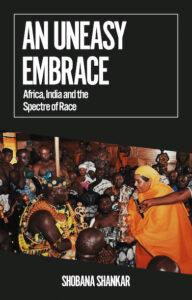
Author’s book in the African Arguments series published with Hurst
End Note
[1]Dilip Menon, “Was Mohandas Gandhi a Racist?”, Africa is a Country, March 10, 2017; https://africasacountry.com/2017/03/was-mohandas-gandhi-a-racist



